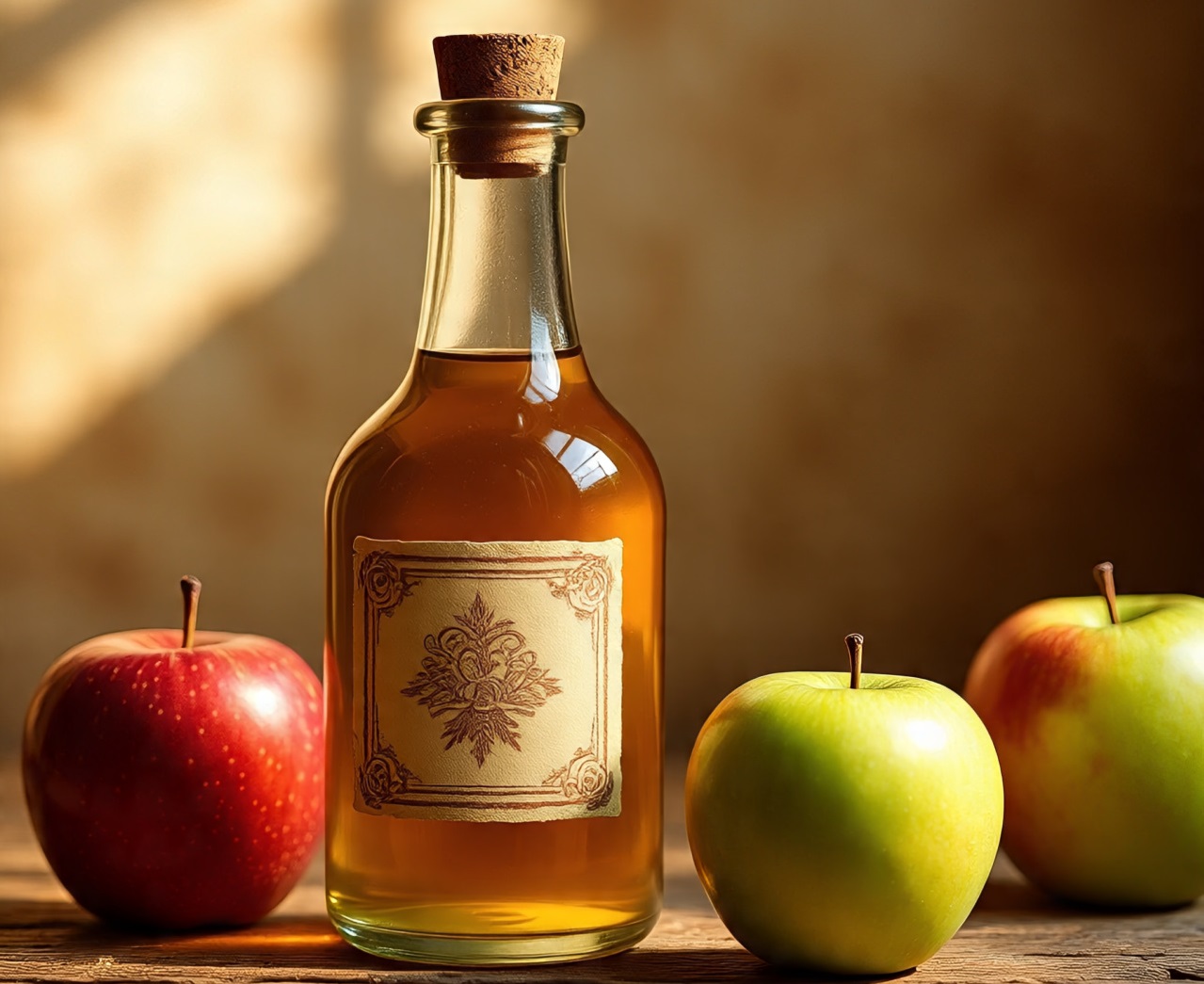 |
Apple cider vinegar can improve insulin sensitivity and reduce blood sugar spikes after meals. Mix one to two teaspoons of apple cider vinegar with water and drink it before meals or before bed for optimal results. Remember to dilute it to avoid harming tooth enamel and the digestive tract. People with stomach problems should consume apple cider vinegar after a light meal.
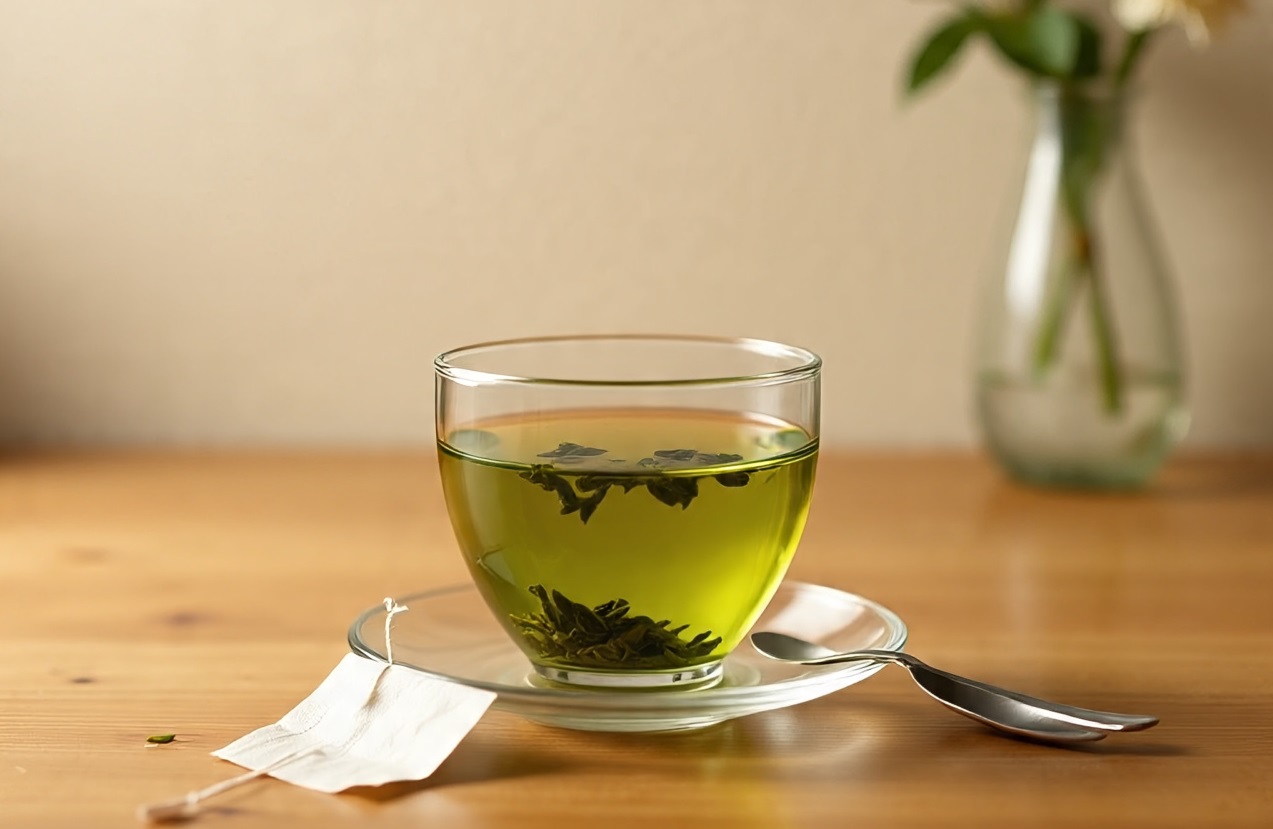 |
Green tea is rich in antioxidants called catechins, especially epigallocatechin gallate (EGCG), which plays a role in regulating glucose absorption and utilization. Regularly drinking green tea can offer long-term benefits in controlling blood sugar levels. Steep fresh or dried green tea leaves in hot water for about three minutes, strain, and drink without adding sugar.
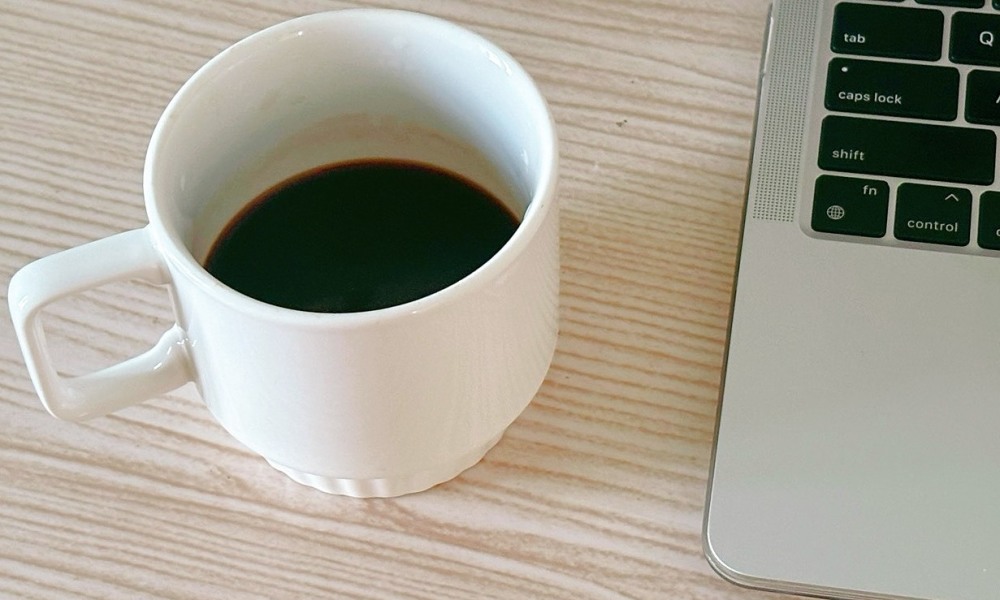 |
Drinking plain black coffee without additives can improve insulin sensitivity and boost metabolism. However, people with diabetes should be mindful of timing, as consuming too much caffeine on an empty stomach can increase cortisol levels, leading to a sudden drop in blood sugar later.
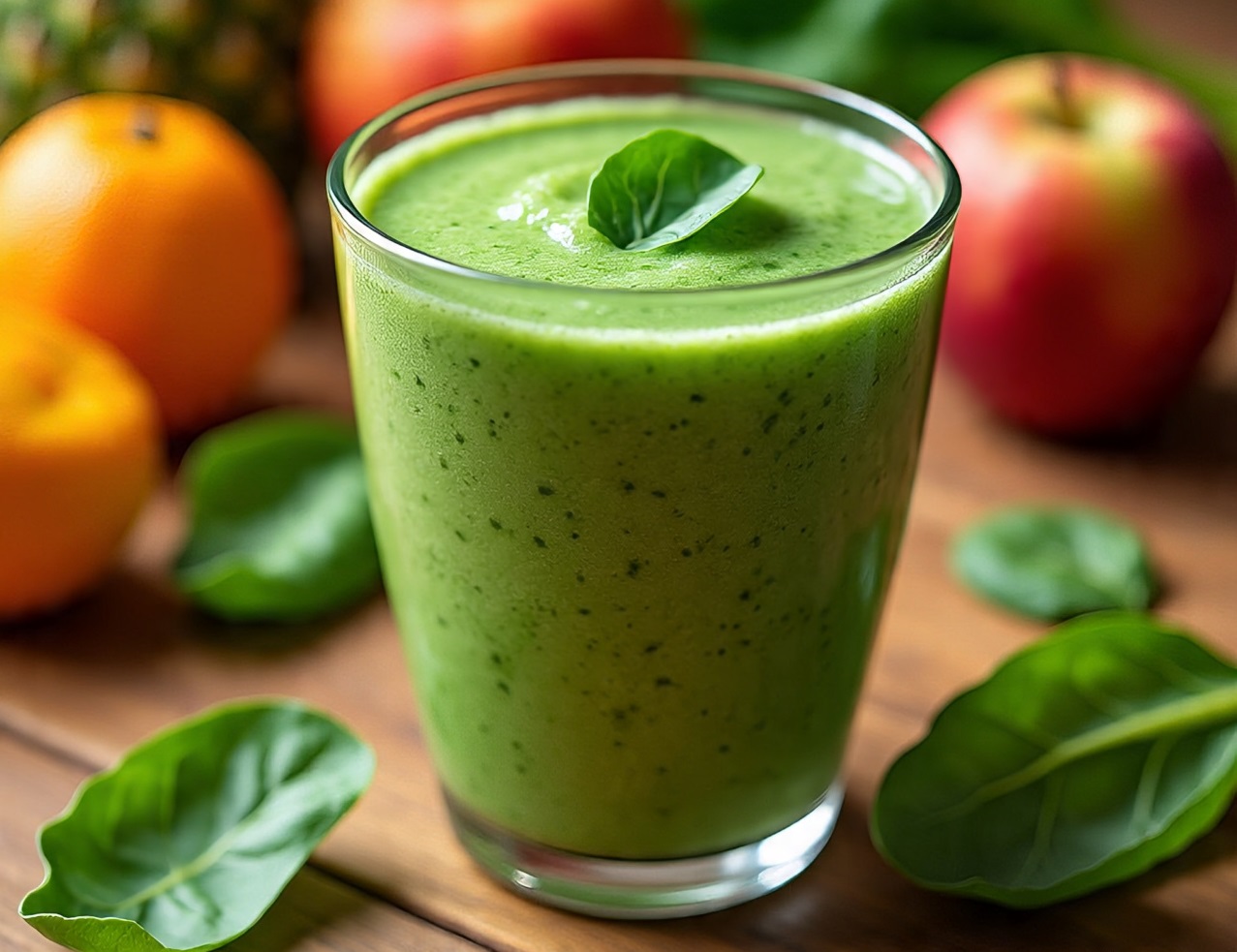 |
Smoothies made with leafy greens like spinach or kale, low-sugar fruits, and protein sources such as Greek yogurt or nut butter can help regulate blood sugar. These foods provide essential nutrients, fiber, and protein that are good for overall health.
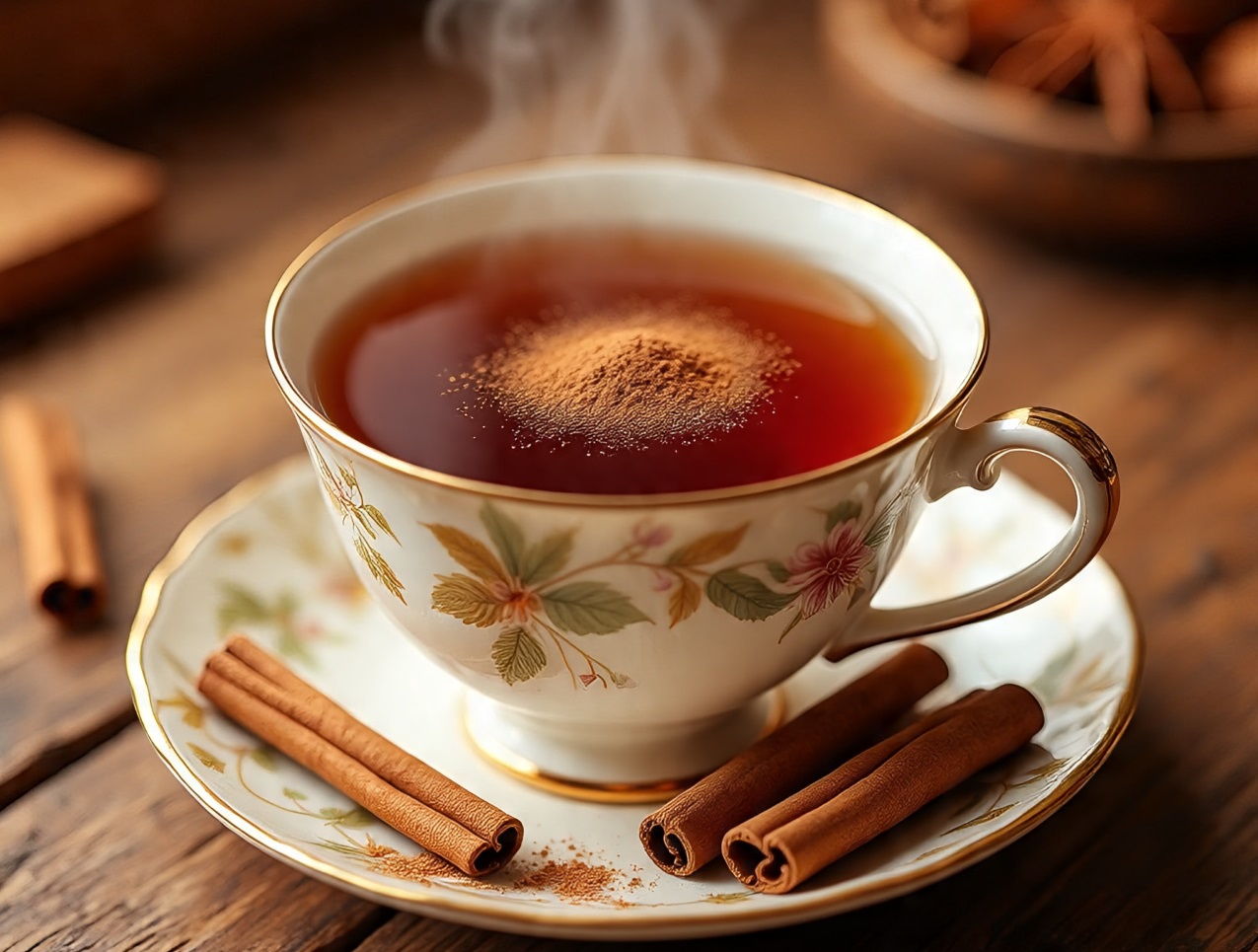 |
Drinking cinnamon tea can reduce glucose spikes after meals by helping the body use insulin more effectively to transport sugar into cells. To make cinnamon tea, boil a cinnamon stick in water for about 10 minutes or use cinnamon powder to brew the tea. Drinking it before meals contributes to regulating blood sugar levels.
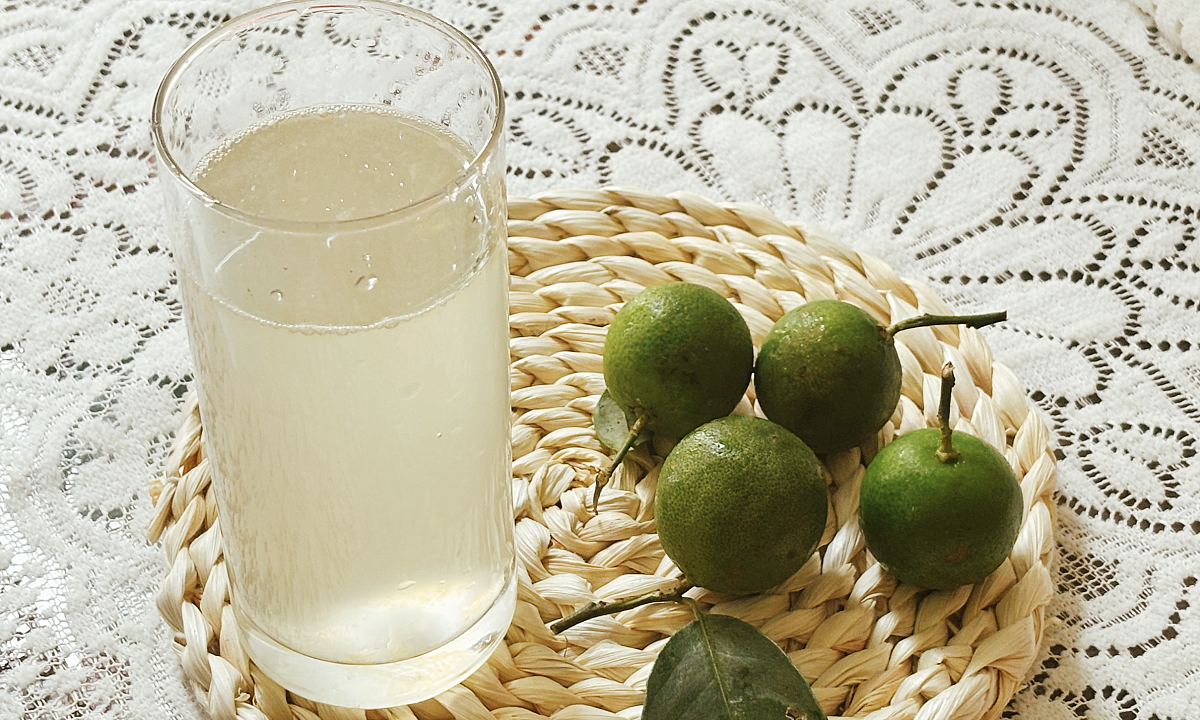 |
Lemon water provides vitamin C, a powerful antioxidant that can lower fasting blood sugar, along with cholesterol and triglycerides. Vitamin C is also involved in collagen production and maintaining artery integrity, reducing the risk of diabetes-related complications such as heart disease and kidney disease.
Bao Bao (According to Times of India, Livestrong)
Photos: Bao Bao, AI












